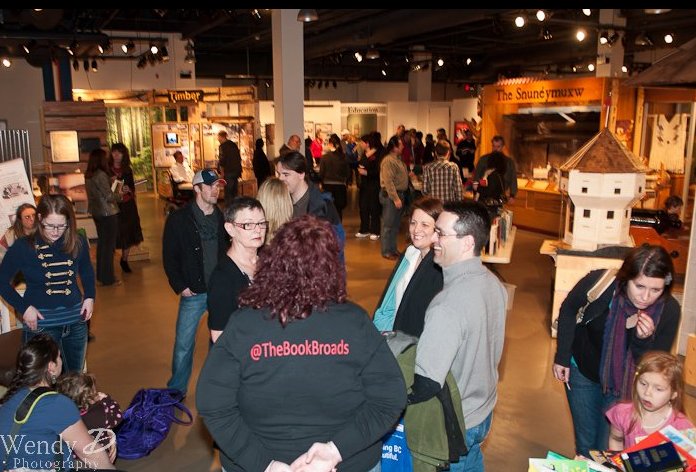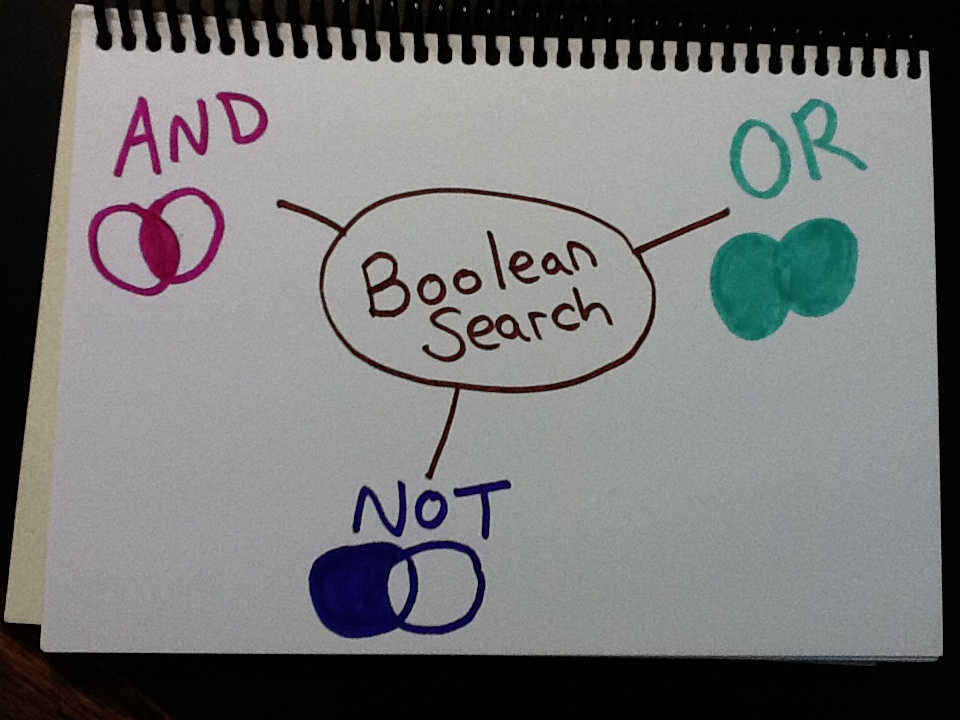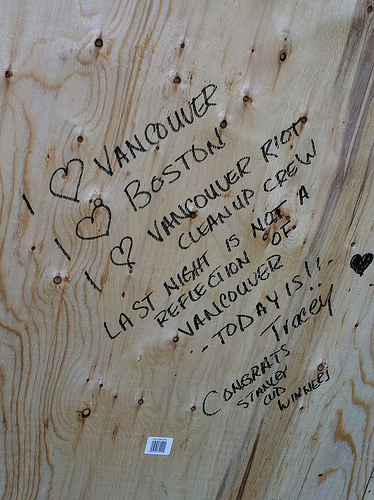Have you ever been to a Tweetup?
As you’ve probably discovered by now, Twitter is full of “tw” lingo – tweets, tweeps, twitterverse, Twitpic, & so on. Tweetup is one of my favourites because it’s a chance to connect offline. A tweetup is simply a gathering of Twitter users in the real world as opposed to a tweetchat which is a gathering of Twitter users online.
The name is a mash up between Twitter.com and Meetup.com, a site used to organize events. Tweetups are organized on Twitter when someone announces a time, place and topic. For many tweetups, you simply show up while others have a more formal registration process through Meetup, Eventbrite, or some other online registration system.

Photo Credit: WendyD.ca
Most tweetups are open to anyone who wants to come. If you see a tweetup announced that interests you then plan to attend. Sometimes the organizer will ask you to RSVP to ensure enough food, etc. but often it’s a cash bar or BYOC (buy your own coffee) arrangement. Keep an eye out for any registration links as some tweetup organizers charge admission (usually a modest amount) to cover the costs.
Tweetups are a great way to meet people in your community who share your interests. Before the event start following the tweetup’s hashtag so you can get acquainted with others who will be attending. You’ll discover some new people to follow and may get a few new followers yourself.
Once you’re at the event be sure to live tweet some of your experience. But don’t spend all your time tweeting, after all you’re there to interact with people not their avatars.
After the event, pop back on to Twitter and have another look at the hashtag. Follow any folks you got to talk to and retweet any gems from the tweet stream. And be sure to @mention folks you met to continue the conversation.



